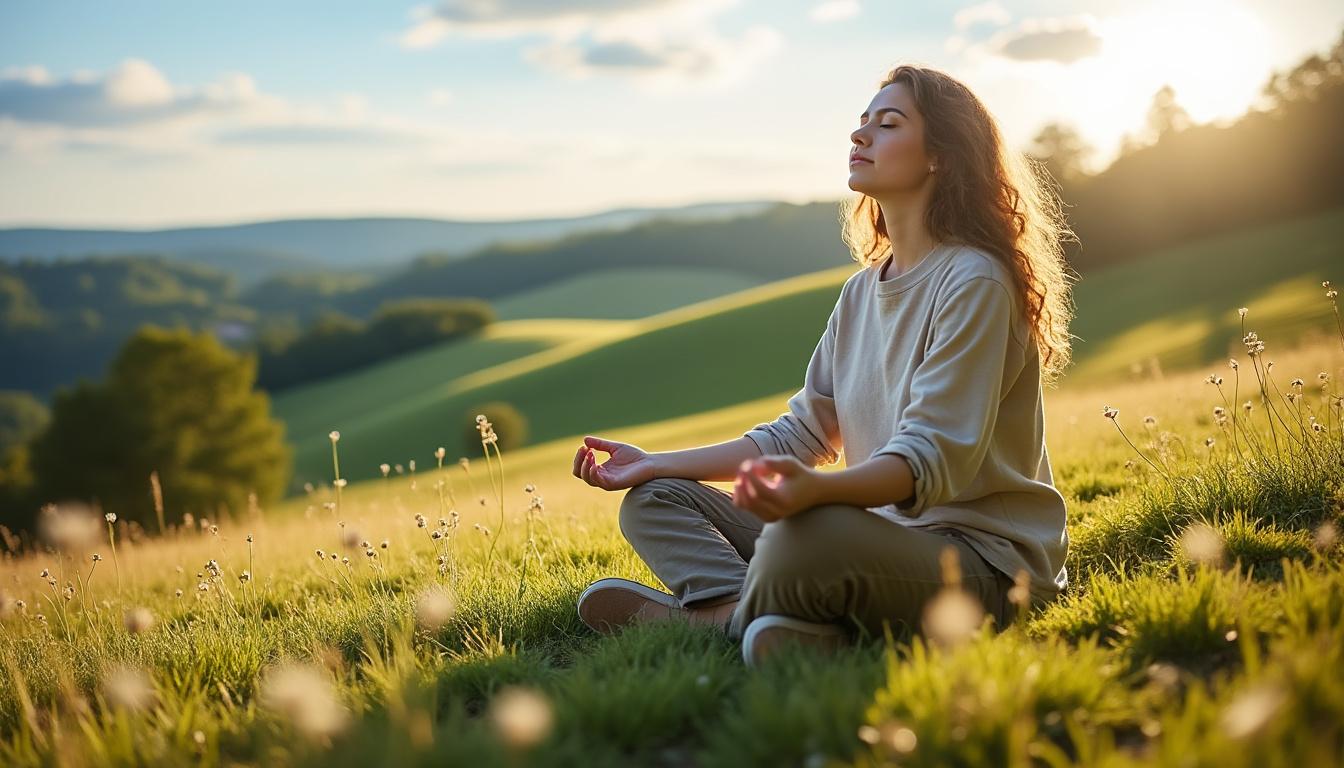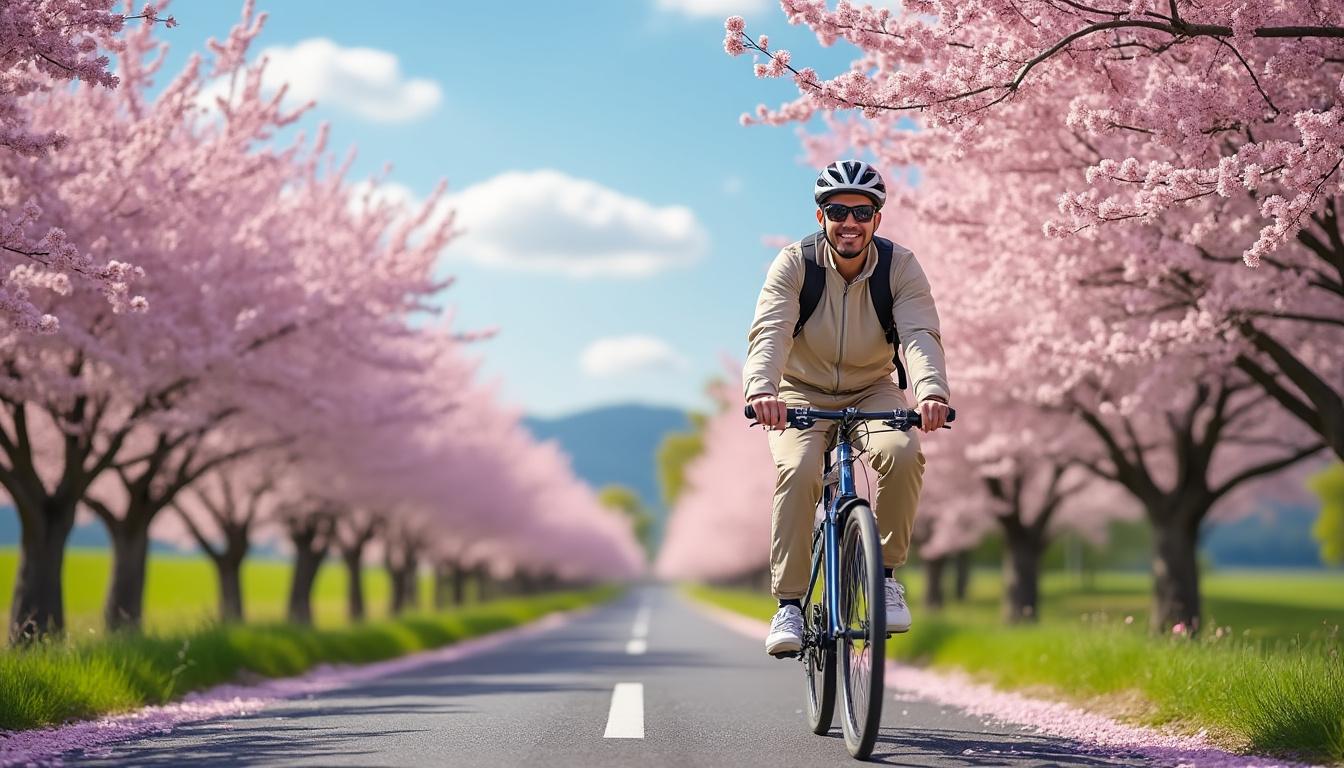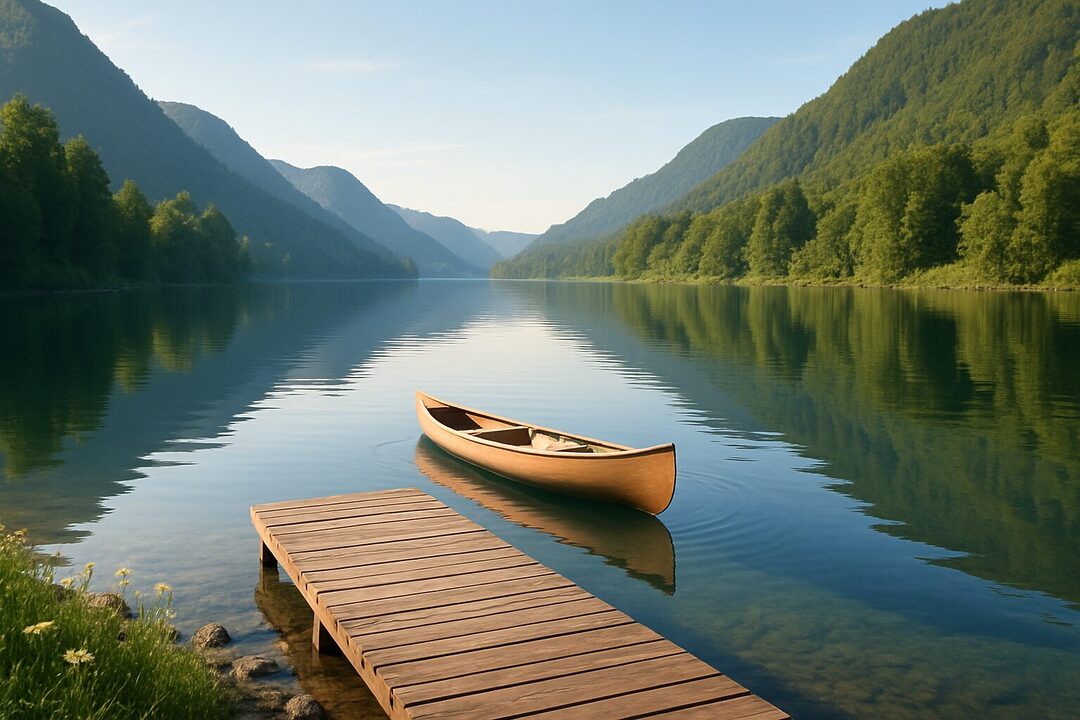In an era where travel has often become a hurried checklist of famous landmarks and photo opportunities, a transformative approach known as slow travel invites explorers to profoundly reconnect with their journeys. This philosophy embraces a deliberate pace, allowing travelers to immerse themselves fully in the cultures, landscapes, and moments often overshadowed by rapid sightseeing. The essence of slow travel lies in appreciating the nuances—the morning rituals of a small town, the quiet conversations with locals, or the lingering aroma of freshly brewed coffee in an unassuming café. By resisting the urge to rush, every step taken along the path becomes an opportunity for deeper reflection, discovery, and mindfulness.
The shift towards unhurried exploration taps into a growing desire for authenticity and meaningful experiences. Organizations like Slow Travel Society and Mindful Journey Co. champion this movement, encouraging travelers to savor the road rather than race to the destination. This transformation aligns beautifully with the wellness traveling trend, as focusing on presence enhances emotional wellbeing, fosters cultural understanding, and supports sustainable tourism practices. Epic journeys once measured by distance and speed are now defined by moments of connection, silence, and profound presence that stay etched in memory long after the trip concludes.
The transformative power of mindful presence in slow travel experiences
Mindfulness anchors the core of slow travel, encouraging a focus on present experiences rather than future plans or past memories. When travelers adopt a mindful approach, every sensation—the warmth of sunlight on skin, the murmur of a bustling marketplace, or the subtle flavors of local cuisine—becomes rich with meaning. This state of awareness transforms routine travel activities into immersive adventures, allowing journeys to transcend mere sightseeing.
One practical technique to cultivate mindful presence involves engaging all five senses deliberately. For example, at a quiet morning street market, listen attentively to vendors’ friendly banter, observe the vivid colors of fresh produce, smell the aroma of spices, taste the texture of freshly baked bread, and feel the smoothness of handcrafted goods. This multisensory involvement deepens appreciation for the locale and connects travelers intimately with its rhythms. Many travelers have found that journals or photography, when approached with reflection rather than haste, become powerful tools to capture not just visuals but emotions, enhancing the savoring process.
- Focus on one activity at a time without multitasking
- Practice breathing techniques to stay centered amid moments of distraction
- Engage in local customs mindfully, respecting cultural nuances
- Pause frequently to reflect on surroundings and feelings
- Allow for spontaneous detours and unplanned stops
Evidence from wellness research confirms that mindful travel reduces stress, promotes emotional resilience, and facilitates deeper bonds with new environments. Recognizing this, Serenity Stays offers curated retreats focused on enhancing travelers’ mindfulness practices during their explorations. Moreover, communities such as the Unhurried Explorers host workshops that teach how to slow down, engage fully, and transform travel into a healing, conscious journey.
| Mindful Technique | Effect on Experience | Example Application |
|---|---|---|
| Single-task focus | Increases depth of engagement | Enjoying a local meal without phone distractions |
| Deep breathing | Reduces anxiety, enhances clarity | Calming nerves during crowded festivals |
| Active listening | Fosters cultural connection | Listening to local storytelling traditions |

Immersing in local culture: the heart of truly savoring travel
Embracing local cultures enriches slow travel beyond the superficial. Taking time to understand traditions, languages, cuisines, and social norms allows travelers to form authentic relationships that go far deeper than fleeting snapshots. Slow travel advocates stepping off tourist pathways to engage with community life—whether through cooking classes, conversation with artisans, or participation in festivals.
Practical immersion strategies are essential. Learning a few key phrases in the local language signals respect and opens doors. In addition, staying in family-owned guesthouses or boutique inns provides unique insights into daily life, often creating opportunities for meaningful encounters. According to experiences shared by the Leisure Pathways community, such stays cultivate a sense of belonging and foster responsible tourism.
- Attend local workshops or traditional craft sessions
- Participate in communal meals or celebrations
- Explore markets where residents shop, not tourists
- Support local businesses and artisans
- Document your cultural experiences thoughtfully, respecting privacy
For instance, a visitor in southern Italy might learn to knead dough with local bakers, gaining tactile knowledge of culinary heritage. Another traveler in Japan may join a tea ceremony, absorbing centuries of ritual embodied in precise movements and serene ambiance. Such encounters exemplify the approach promoted by Momentos Travel, emphasizing depth over speed.
| Cultural Immersion Activity | Benefits | Example Location |
|---|---|---|
| Traditional cooking classes | Hands-on learning of regional recipes and customs | Tuscany, Italy |
| Local festivals | Understanding community values and celebrations | Oaxaca, Mexico |
| Artisan workshops | Appreciation of handmade crafts and techniques | Fez, Morocco |
Designing your slow travel itinerary to maximize enjoyment
Crafting an itinerary for slow travel differs markedly from conventional fast-paced plans. Instead of attempting to cram numerous sites into a brief schedule, the focus turns toward quality experiences and flexibility. This approach allows moments of discovery that rigid plans often exclude. Experts from Savor the Road recommend balancing must-see highlights with ample free time for spontaneous exploration or rest.
Key principles for designing a slow travel itinerary include:
- Choosing fewer destinations but staying longer in each
- Incorporating rest days without scheduled activities
- Opting for slower transport modes like trains, bikes, or walking
- Planning accommodations that reflect local charm and comfort
- Leaving room for impromptu detours or new invitations
One practical example is exploring a region by bicycle, allowing gradual immersion in the environment, stops at roadside cafés, and a chance to chat with locals. In Morocco, the Serene Stays program offers guided walking tours through medinas, emphasizing sensory engagement and historic storytelling. Such itineraries reveal layers of a destination that faster tourist circuits typically overlook.
| Itinerary Element | Purpose | Suggested Practices |
|---|---|---|
| Long stays | Deepens place attachment | Rent an apartment or family guesthouse |
| Rest days | Prevents burnout | Enjoy local parks, slow cafes, or yoga sessions |
| Slow transport | Enhances scenic appreciation | Take trains, bike rides, or walks |

Embracing the wellness benefits of slow travel for holistic rejuvenation
Slow travel naturally aligns with wellness principles, offering profound psychological and physiological benefits. By escaping hurried routines and entering a rhythm attuned to nature and culture, travelers experience reduced stress, improved mood, and revitalized energy. The practice fosters holistic health through mindful breathing, gentle movement, and a balanced sensory diet.
Yoga teachers and wellness experts increasingly advocate integrating mindful exercises and relaxation techniques as part of slow travel itineraries. Centers like Wellness Slow Travel programs enable participants to connect body and mind, deepening their engagement with surroundings and fostering lasting inner calm. Sessions by the sea, meditation in lush forests, or gentle stretches in sun-drenched courtyards become integral travel experiences rather than side activities.
- Meditative walking through natural landscapes
- Group yoga sessions focusing on presence and breath
- Mindful eating of local, wholesome foods
- Digital detox periods to enhance mental clarity
- Journaling to process emotions and insights
These activities elevate slow travel beyond leisure to a form of restoration that balances physical health and psychological wellbeing. The Slow Travel Society reports that travelers practicing this holistic method return home with increased clarity, creativity, and gratitude.
| Wellness Practice | Benefit | Recommended Setting |
|---|---|---|
| Meditative walking | Reduces anxiety, enhances mindfulness | Forests, beaches, urban gardens |
| Yoga sessions | Improves flexibility and mental focus | Retreat centers, hotel terraces |
| Digital detox | Boosts presence and mental clarity | Remote nature lodges or quiet villages |
Building meaningful connections: the social fabric of slow travel
Slow travel offers unrivaled opportunities to develop meaningful social bonds with both locals and fellow travelers. Freed from the pressure to keep moving, people have time to nurture friendships that often evolve into lifelong connections. This dynamic nurtures a sense of community and belonging that enhances the travel experience on a profound level.
Intentional interaction might include attending local community events, joining book clubs or workshops, or simply spending time in public spaces like plazas or cafés where conversation flows naturally. The Present Places network encourages travelers to contribute actively by supporting local initiatives, thus embedding themselves more deeply into the social and economic fabric of the destination.
- Participate in community gatherings or local dinners
- Volunteer for short-term cultural or environmental projects
- Share stories and experiences with diverse traveler groups
- Attend language exchange meetups
- Use social media mindfully to maintain connections
One inspiring example comes from a group of Unhurried Explorers who volunteered together during a heritage restoration effort, forging friendships that extended beyond travel. Similarly, tourists embracing the ethos of Wander & Pause often find their experiences enriched by spontaneous social invitations and shared moments of joy. Slow travel thus becomes not only a journey through place but a journey through human relationships and cultural empathy.
| Social Interaction | Outcome | Example Activity |
|---|---|---|
| Community events | Fosters belonging and empathy | Local festivals, dinners |
| Volunteering | Builds shared purpose and connectivity | Conservation projects, heritage sites |
| Language exchanges | Enhances communication skills and cultural insight | Cafés, libraries, cultural centers |

As a 34-year-old Yoga Teacher, I am passionate about guiding others on their journey to mindfulness and well-being. With years of experience in various yoga styles, I create a welcoming environment that encourages personal growth and self-discovery. Join me in exploring the transformative power of yoga.


